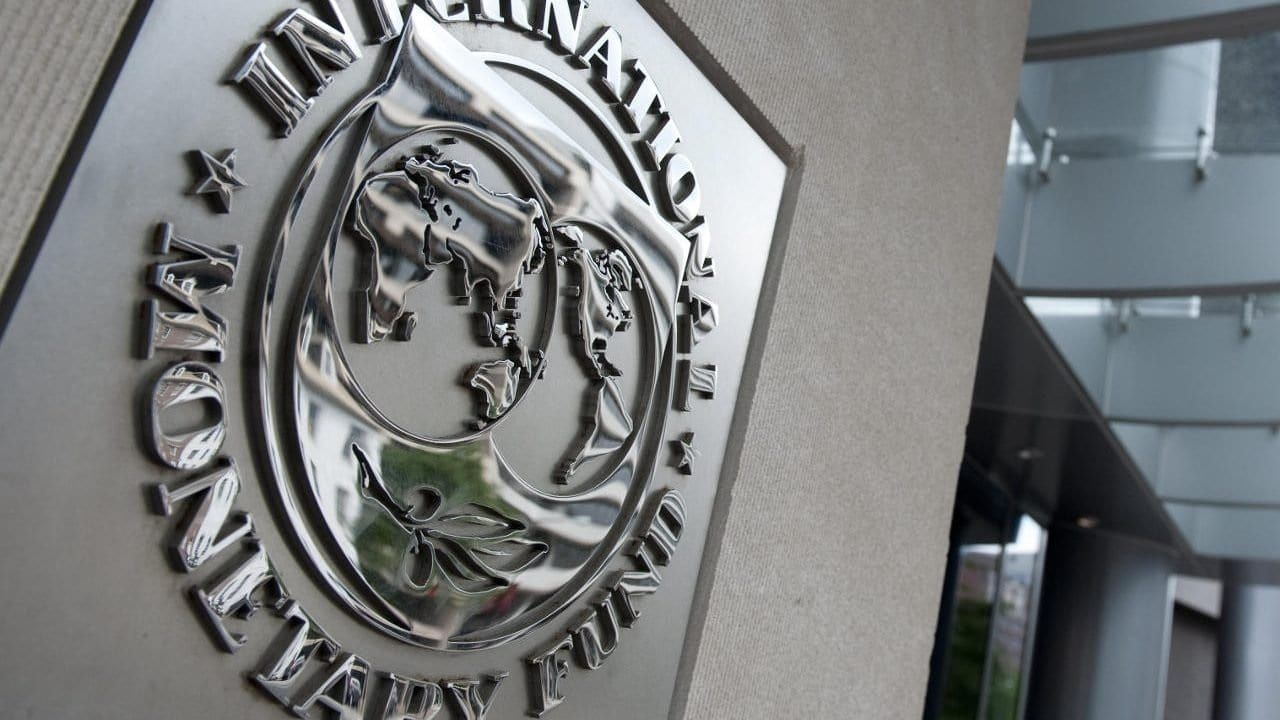From October 13–18, FARN will take part in the Annual Meetings of the World Bank Group and the International Monetary Fund (IMF) in Washington, D.C., addressing two key issues at the intersection of the energy transition and territorial realities: the role of these institutions and the socio-environmental impacts linked to lithium mining projects, as well as the debt dynamics arising from Argentina’s latest agreement with the IMF, which deepen the country’s dependence on fossil fuels.
Context on the latest IMF Agreement with Argentina
- In April 2025, Argentina signed a new Extended Fund Facility (EFF) agreement with the International Monetary Fund (IMF) for US$20 billion (479% of quota), with an immediate disbursement of US$12 billion—an unprecedented move for this type of arrangement.
- Recession in Argentina deepened this year while the government’s price stabilization strategy relied on wage stagnation, fiscal tightening, and exchange rate lag.
- The national budget shrank by 26.5% in real terms between 2023 and 2025, with cuts of 40% in education, 47% in housing, 78% in gender policies, and 83% in environmental programs, undermining the fulfillment of economic, social, and environmental rights.
- Extractive projects promoted under the Large Investment Incentive Scheme (RIGI, for its initials in Spanish) meant as a source of foreign currency—such as Vaca Muerta Oil Sur and the Liquefied Natural Gas (LNG) project in the Gulf of San Matías—deepen dependence on fossil fuels and contradict Argentina’s commitments under the Paris Agreement. At the same time, funding for energy transition and climate mitigation has been reduced.
- The agreement with the IMF violates the conditions of the Exceptional Access Policy (EAP), as it fails to ensure debt sustainability or reserve accumulation, and allows capital outflows totaling US$14.719 billion, further aggravating the country’s financial and political vulnerability.
- Despite favorable trade conditions, capital amnesty measures, and IMF support, the Argentine government’s economic program entered another phase of financial and exchange rate instability as of July 2025, seeking assistance from the U.S. Treasury in September.
Events at the IMF/WB meetings in Washington D.C.
Leandro Gómez, FARN’s Environmental Policy Officer, will join the panel MDBs and Just Transition: Opportunities, Priorities and Principles for a More Just Role in Transition Minerals on October 15 at 11:00 a.m.
Julia Gerlo, from FARN’s Research Program, will speak on debt at How the IMF Can Support Struggling Countries Better on October 15 at 4:00 p.m., alongside leading civil society organizations including Oxfam International, Bretton Woods Project and the International Trade Union Confederation. For a warm-up reading prior to the event, see Gerlo’s latest column in the Bretton Woods Observer.
